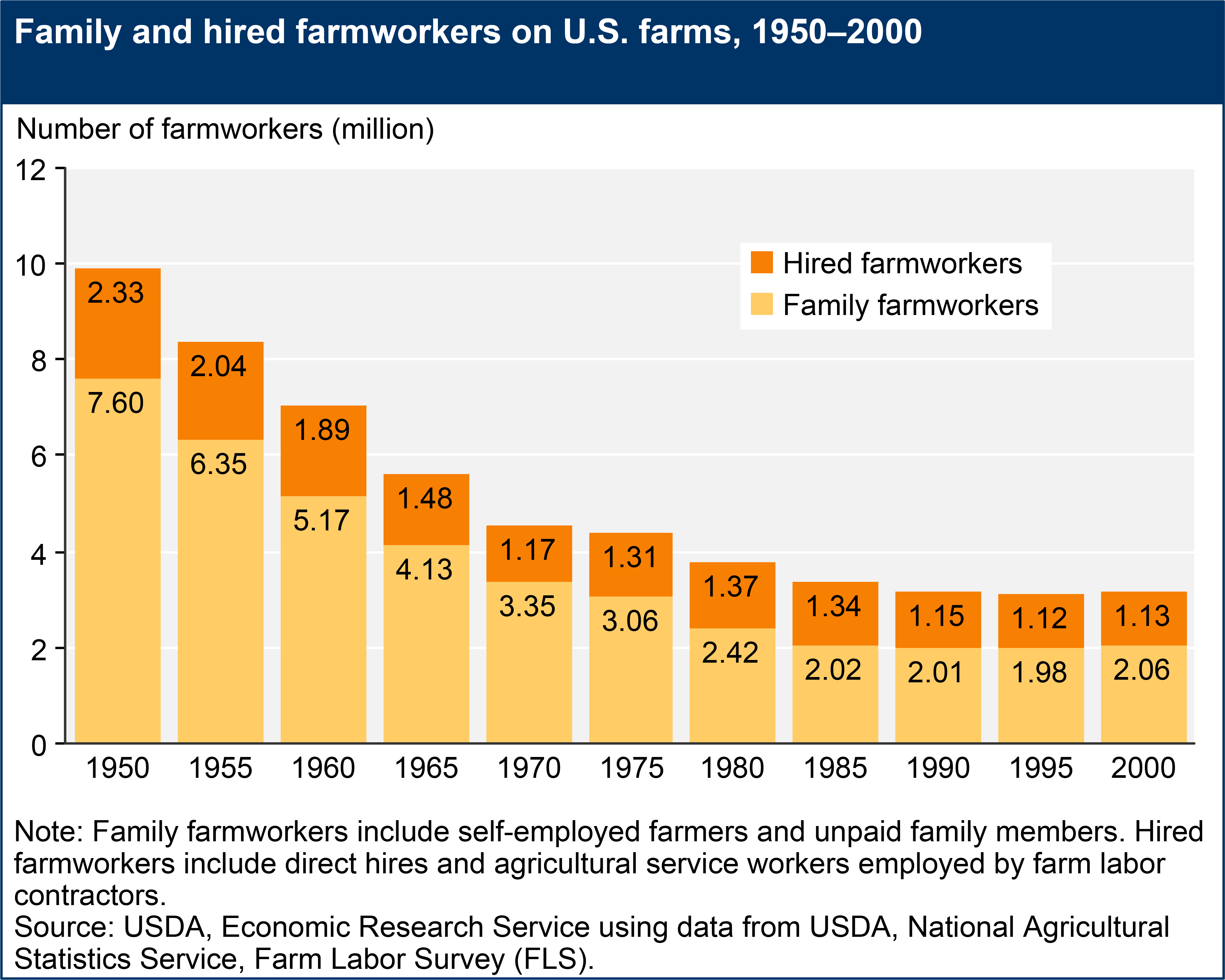The Bureau of Labor Statistics (BLS) is facing a staggering $100 million budget cut that threatens to cripple its ability to provide reliable economic data. As reported by NPR, this funding shortfall comes at a time when Americans need accurate economic indicators more than ever, as they navigate a landscape marred by inflation and rising costs.
Data Collection in Jeopardy
Every day, hundreds of enumerators fan out across 75 urban areas to gather essential price data for the BLS. These dedicated workers track fluctuations in the costs of a "market basket" of goods and services, feeding this information into the Consumer Price Index (CPI). But with reduced funding, the BLS is now being forced to cut corners in its data collection methods, as reported by Chicago Booth Review.
Economic Implications of Data Reliability
Reliable economic data is crucial for policymakers, businesses, and everyday Americans. Inaccurate data can lead to misguided fiscal policies that exacerbate wealth inequality, further compromising the financial health of working-class families. According to BLS historical data, the agency has been a cornerstone of economic understanding for over a century. Now, as they face potential degradation of their data quality, the implications for economic policymaking could be dire.
Workers" Rights at Risk
The BLS budget cuts are not just a technical issue; they directly impact workers" rights. Labor statistics inform everything from wage negotiations to unemployment benefits. With the BLS potentially unable to accurately report labor market conditions, workers" bargaining power diminishes. The erosion of reliable data means that the voices of marginalized workers may be ignored, perpetuating cycles of poverty and exploitation.
Inflation and the Strain on Families
As inflation continues to erode purchasing power, families are feeling the pinch more than ever. The CPI, which is heavily reliant on the data collected by the BLS, reflects the rising costs of everyday essentials. In cities like Atlanta, where the BLS operates, the cost of living has skyrocketed, making it difficult for low-income families to afford basic needs. With the BLS cutting corners, the risk of underreporting these economic pressures grows, leaving families vulnerable and policymakers uninformed.
\n\n
Farm Labor | Economic Research Service
Accountability in Economic Policy
Accountability in economic data is essential to any functioning democracy. If the BLS cannot provide reliable data, how can we hold our leaders accountable for economic policies that impact our lives? As reported by Haas News, elite economists often misjudge economic conditions due to flawed data, leading to a disconnect between policy and the lived experiences of the people.
Call for Increased Funding and Support
The BLS requires an urgent infusion of resources to maintain its critical role in safeguarding economic integrity. Progressive leaders must advocate for increased funding to ensure the BLS can continue its mission of providing accurate and comprehensive labor statistics. Without this support, the working class will be left navigating a labyrinth of misinformation, with no reliable guide to economic reality.







![[Video] Gunfire between Iraqi security forces and Sadr militias in Baghdad](/_next/image?url=%2Fapi%2Fimage%2Fthumbnails%2Fthumbnail-1768343508874-4redb-thumbnail.jpg&w=3840&q=75)
